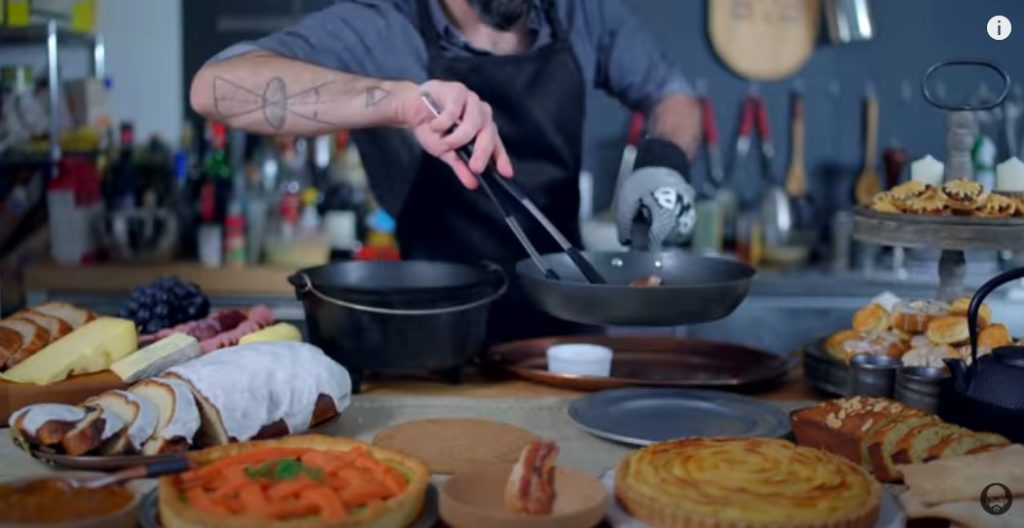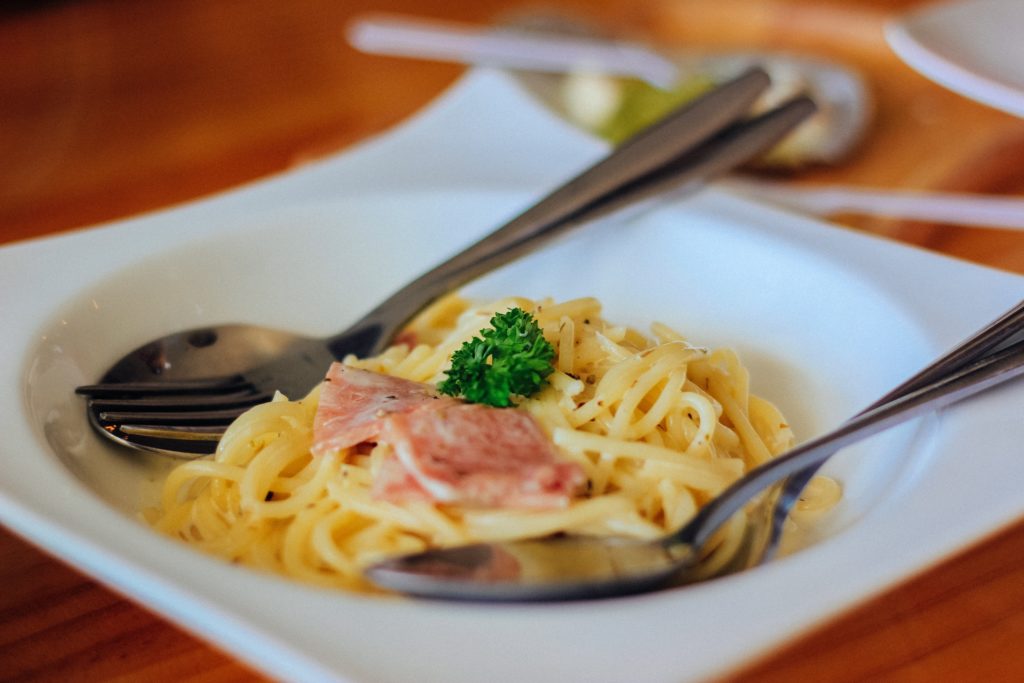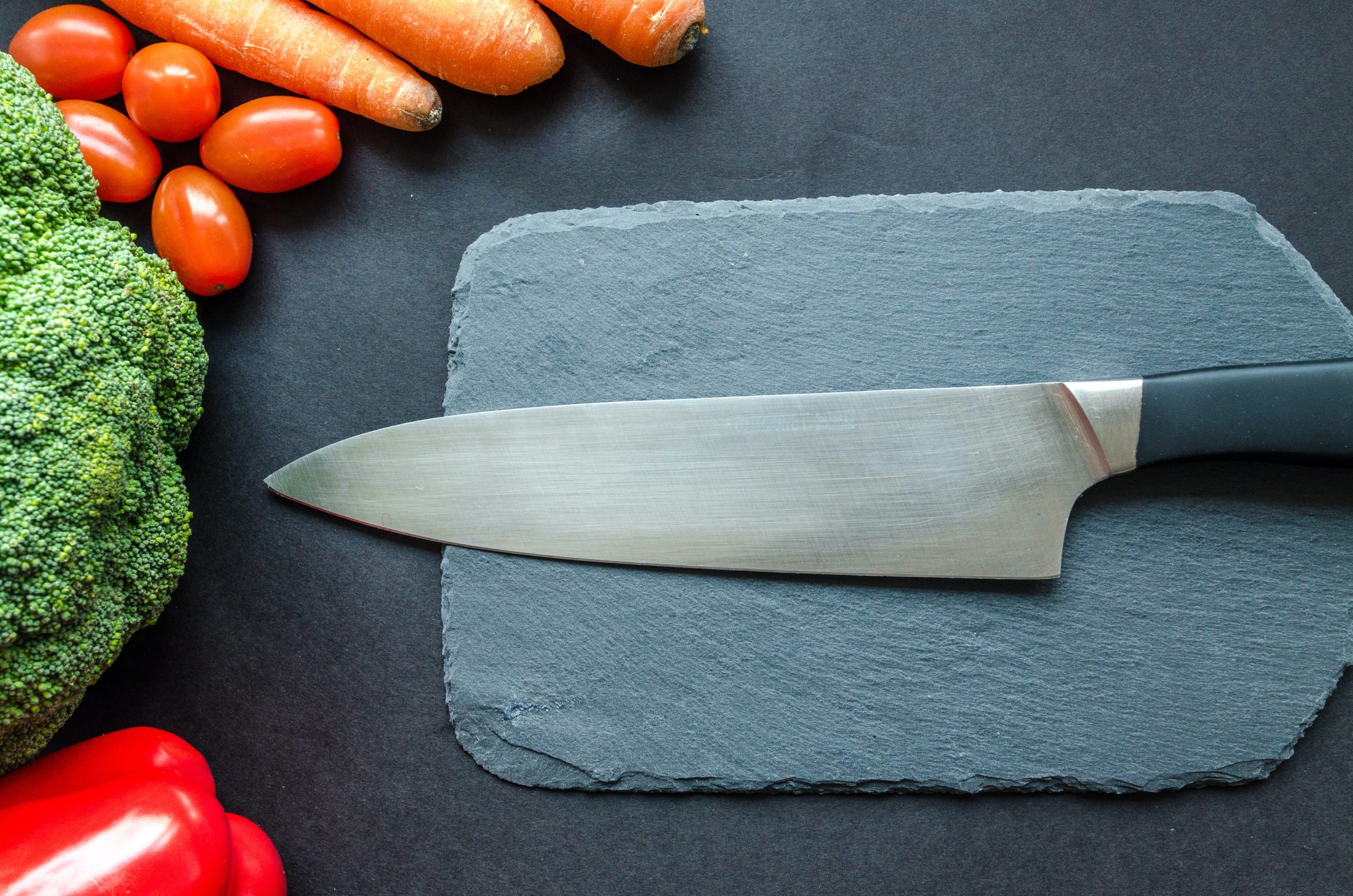For a year of my life, I was unable to write. I could still put pen to paper and churn out a few paragraphs or an essay if it was required, but nothing I wrote sounded right to me. The stress of school and life had left me deeply questioning myself and my writing ability. I would start a new project, type out a few paragraphs and then hit a wall.
I had spent a good portion of my life letting stories spill out of me like water, now everything I put to page looked cluttered and polluted. I had lost all confidence in my ability to ever finish another story.
Where one door closes another one opens, and I, like millions of others, discovered the joy of cooking videos on YouTube. I became addicted to the channel “Binging with Babish” and its eclectic host Andrew Rhea.
Rhea’s channel grew in popularity by recreating and often improving dishes from film and television. Although a chef with years of experience under their belt, Rhea is always quick to admit to his onscreen mistakes and difficulties in recreating dishes that often only exist within the minds of writers.

I, like many people, imagined cooking as something intuitive, requiring a level of skill beyond anything I could do myself. Rhea’s openness made even the most complex dishes seem more approachable. I had never made pasta in my entire life, but I began to think with the right equipment it would not be too hard.
My confidence was completely unfounded. My family had infamously burned every batch of Christmas cookies we had ever made. The most complex thing I knew how to make was grilled cheese.
Eventually, I settled on a recipe that seemed simple enough, Carbonara.

Carbonara is a simple pasta dish, but complex enough that it made me feel like I was accomplishing something as I grabbed ingredients from the local supermarket. This was going to be an event, a real home cooked meal prepared by me and me alone.
I failed completely of course. I managed to scramble the eggs used for the pasta sauce, and the cheesy salty, saucy dish I had hoped to make transformed into a cheesy egg clump. It was edible though and my family assured me it tasted pretty good with a little pepper.
So, I went back to the drawing board and decided to start smaller. I found ways to spice up things I already knew how to make, like microwave ramen, eggs or hotdogs. When I felt like I knew what I was doing there, I began to hunt down larger recipes to try.
I still made major mistakes, that was a recurring theme for all of my future dishes. I would either miss a step or make some other mistake ending up with something, not bad, but not what I wanted to make originally.
That was okay though. The food was usually still edible, and more often than not tasted better than I could have ever imagined it. If I was completely dissatisfied, I could always throw what I had out and start over. I could take things one step at a time until I had something I could be proud of.
I went back to writing with a new approach. I had built up my own writing into this monumental task, attempting to write things that were bigger and better than anything I had tried before. I took the lessons I learned from cooking and applied them to my writing.

I started small, I came up with a few ideas for short stories and took them step by step until they were finished. I wrote down the basic plot for each of the stories I came up with, trying to flesh out one idea before jumping on another.
There was also a coming to terms with the idea that nothing I wrote would ever completely sound exactly how I wanted it. I could build up this perfect sentence in my mind all I wanted, but on the page, it would be static. That didn’t mean it was bad though, just not what I expected.
The most important lesson was that I could always start over. Sometimes things like the sourdough starter I forgot to feed for a week, are unsalvageable. That doesn’t reflect on me, it just means I failed this time. As long as I took things one step at a time, I could always try again.
Joshua Fadare
Reporter


